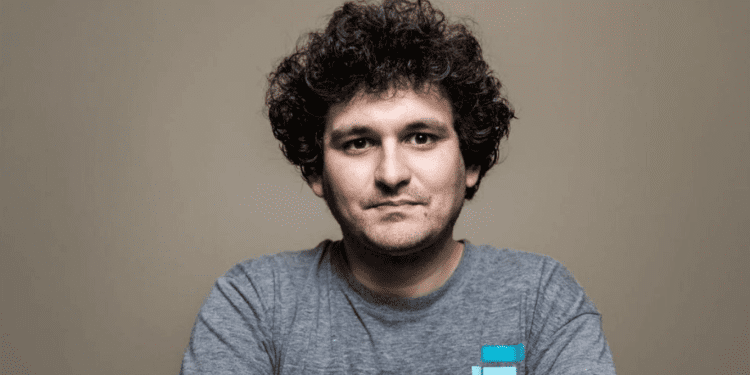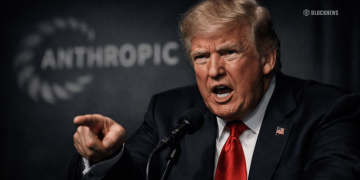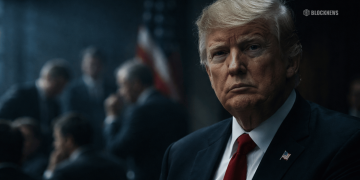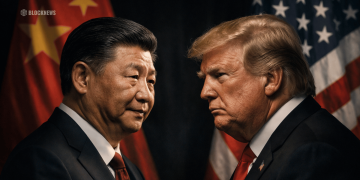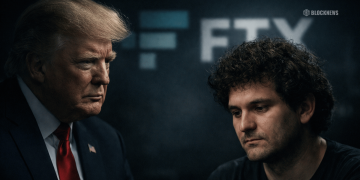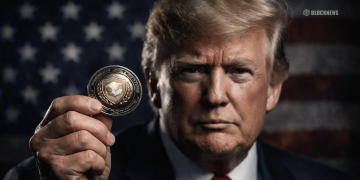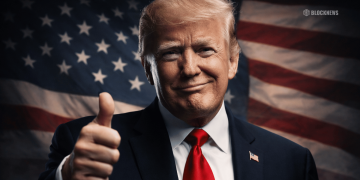- SBF’s trial has been split into two depending on when and where they were filed.
- US Department of Justice (DoJ) argues that basing the case on all 13 accounts and waiting for responses will be lengthy; hence, the split is necessary.
- SBF argues that charges are repetitive, flawed, and non-specific.
The trial of FTX late last year is credited to be the beginning of the most intensive regulatory pressure experienced in the U.S. in the recent past. The company’s founder Sam Bankman-Fried (SBF), resigned on November 11, 2022, as CEO after the collapse of his crypto empire FTX.
Since SBF resigned, he has been experiencing rough times, particularly through court battles which are now split into two separate trials.
The charges against SBF comprise many accounts, including bank fraud, illegal campaign contributions, wire fraud, securities fraud, and conspiracy counts to wire fraud on Almeda’s lenders and FTX clients.
What Led to the Split of Criminal Trials
Initially, SBF was accused of 8 charges when he got arrested in the Bahamas and extradited to the U.S. for trial.
Following this extradition, four more charges were added, related purely to conspiracy and fraud, with extra bribery charges against Chinese officials.
As the court cases witnessed additional charges, the U.S. Department of Justice (DoJ) requested the Bahamas authorities to waive and give permission to try SBF on the five extra charges brought to book after his extradition.
Through this request, United States District Judge Lewis Kaplan sought the Bahamas authority’s response to the case to allow them to split the case according to when the charges were filed.
This split means that SBF will face two separate cases depending on how quickly the Bahamas authority responds to the request. First, SBF will face the eight charges recorded before his extradition, and then the second account, he will face the trials on the five accounts of charges filed after his extradition.
Why is the split of criminal trials necessary?
Assistant Attorney of the United States of America Thane Rehn said:
“We would not continue with the new charges unless they obtained the waiver due to the interest in observing diplomatic relationships.”
This statement from Thane shows that they respect the diplomatic ties, and since the trials have been scheduled, they are curious if the Bahamas authorities would have responded by then.
Thane indicated that based on its original accounts, the trial would run for about four to five weeks a week shorter if all accounts had been included in the case. This case is scheduled to commence on October 2, while the second trial has been set for March 11, 2024.
Meanwhile, the Bahamas’ Supreme Court has indicated that SBF must be given a chance to challenge the new accounts before they can agree with them. In the court filing, the prosecutor noted:
“It now appears that litigation of that motion will take some time and may not be resolved until near or even after the trial date.”
Through the motion filed in the Bahamas, the U.S. Department of Justice (DoJ)
argues that basing the case on all 13 accounts and waiting for responses will be lengthy, indicating that they proceed with the original indictments.
What is Next for SBF?
In response to these accounts, SBF’s lawyers argue that these charges are repetitive, flawed, and non-specific. His attorney Christian Everdell said:
“They’re trying to criminalize a civil matter,”
SBF has pleaded not guilty to all 13 accounts as he awaits trial. If Bankman is found guilty, he could face up to 115 years maximum term in prison.


